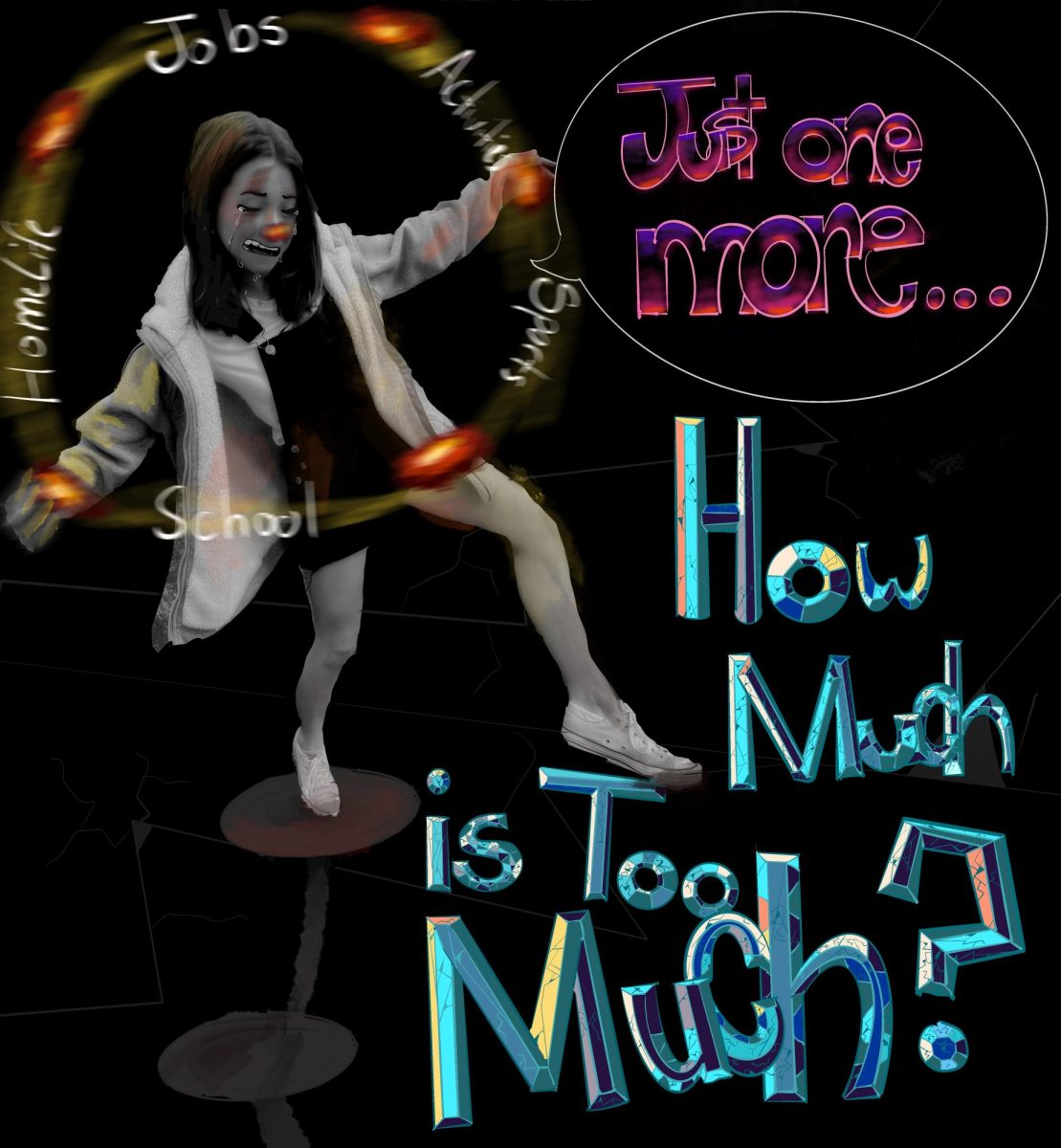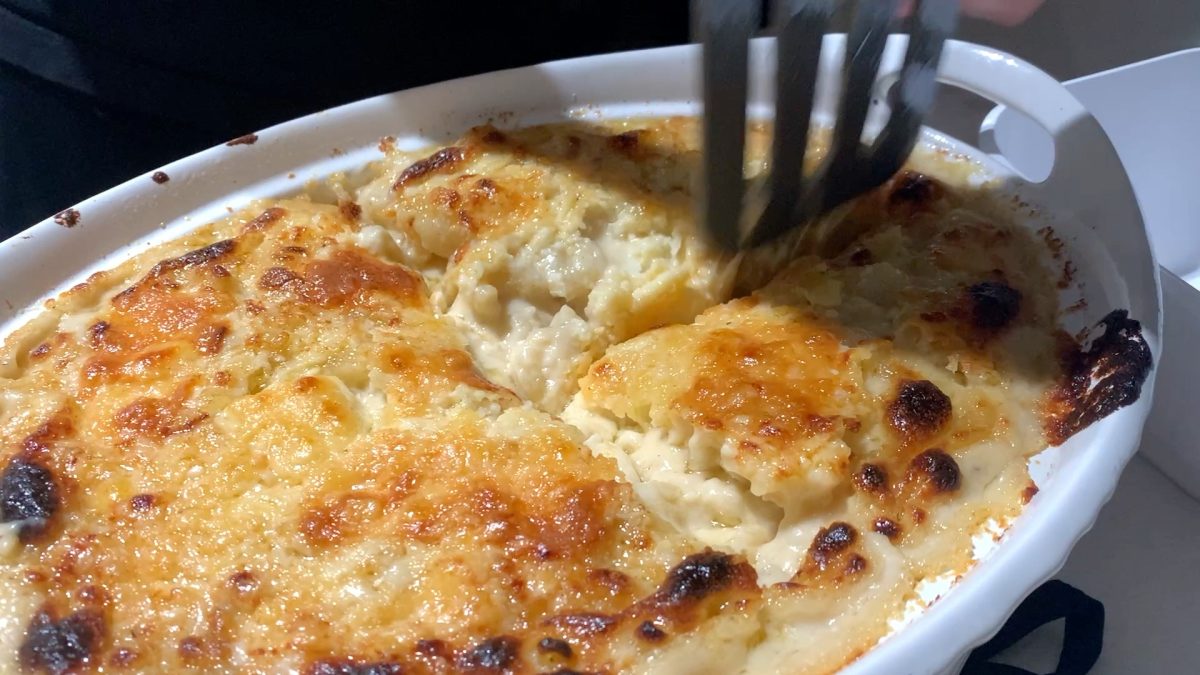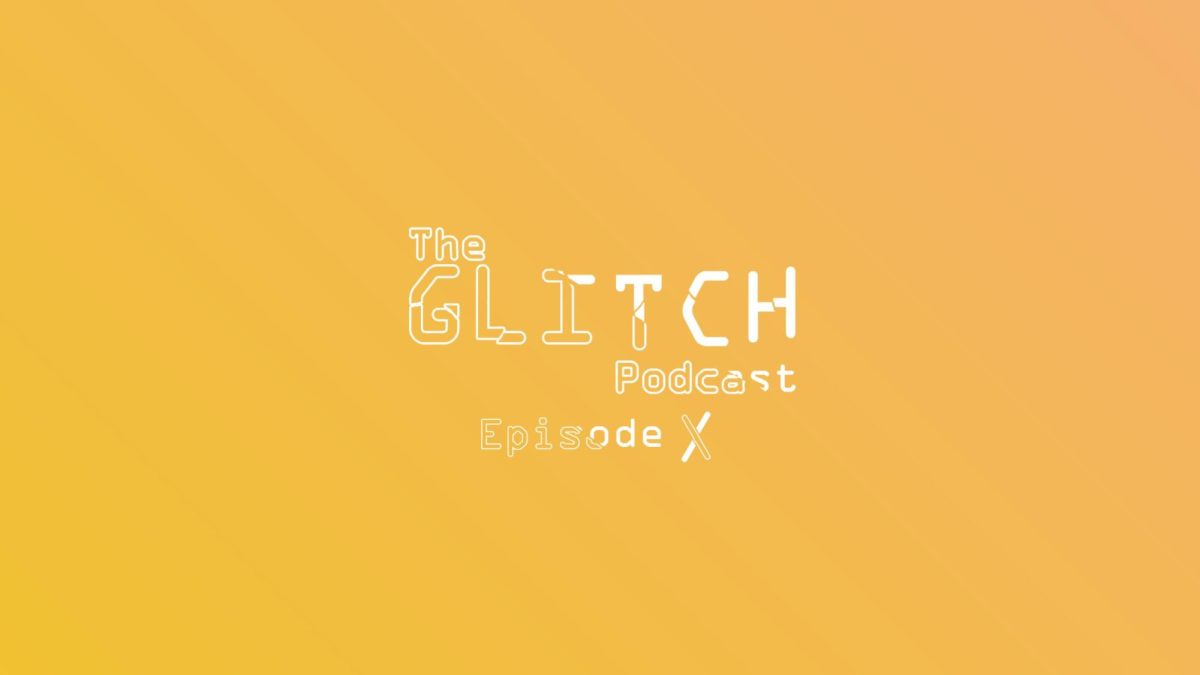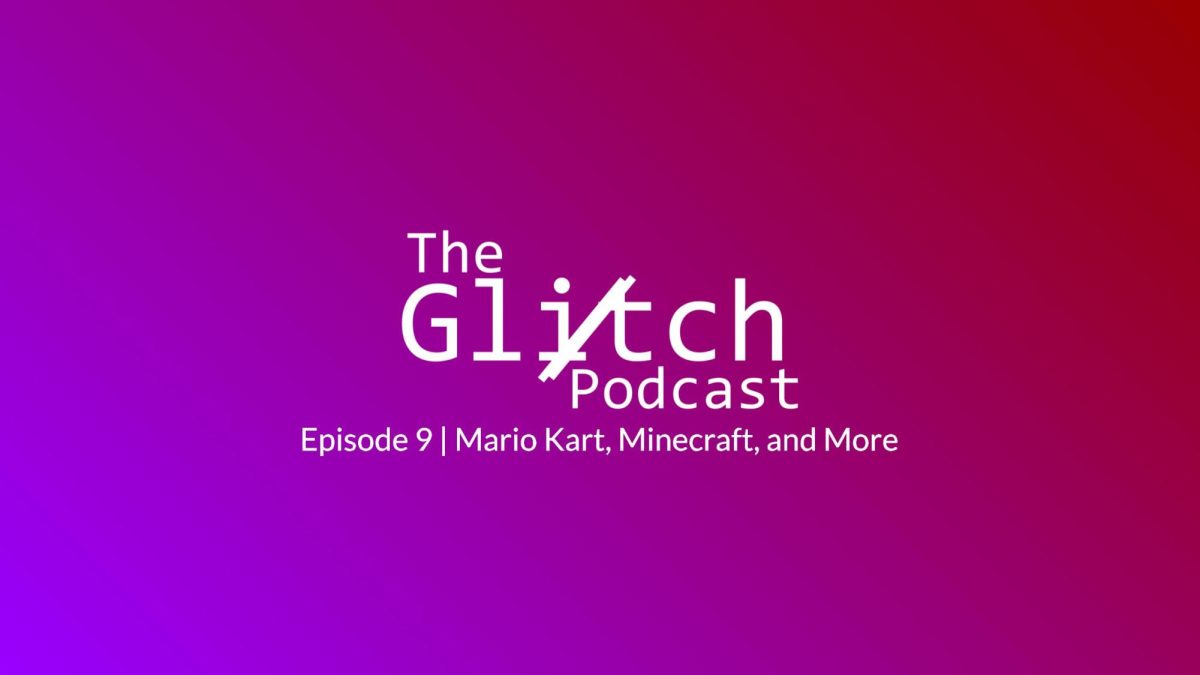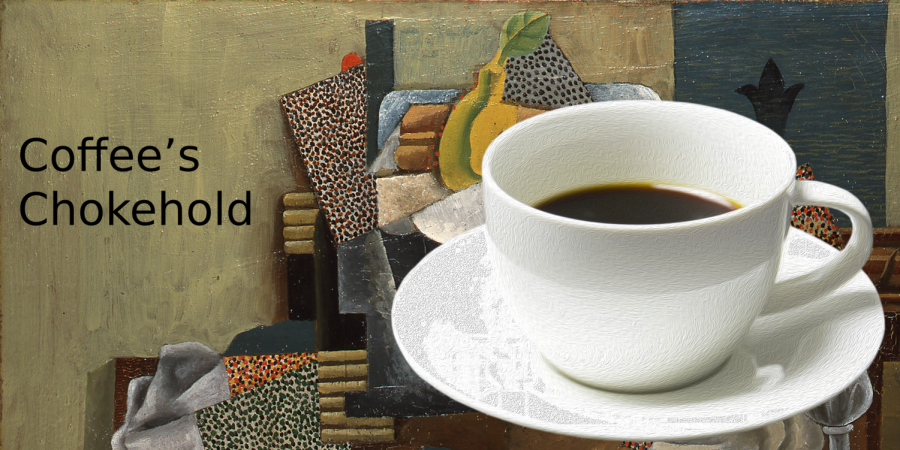Coffee’s Chokehold: By Kaitlyn McGurran
media by Andi Mack
A graphic displays the universality of the coffee drink.
April 19, 2023
When I was four, my small fingers traced the scratches on my grandparents’ wooden table over and over again, rubbing the tiny lines until my skin turned red. Across from me sat my grandfather, his shaky leg propped up on the chair in front of him and a newspaper splayed across his lap. In his aged hand sat a mug, steam pouring out from the top like a chugging train. His hands seemed to carefully avoid the body of the ceramic.
“What’s in there?” I chipped inquisitively, my high-pitched voice distracting him from the droning stories in black and white.
It was coffee, a beverage apparently enjoyed by many adults. Being an eager child, I wanted to see what the fuss was about. Upon his offer to sip from the mug, I instantly recoiled for two reasons: the temperature, which scorched my tongue, and the taste, which sent me reeling in disgust. My grandmother laughed, telling me I just wasn’t old enough yet. I’d learn to love it, as everyone else did.
Every time after that, I asked for a drink. Why? Because every time I hated it, and every time my grandma would tell me that one day I would be an adult. My young, stubborn self was damned if I wasn’t already viewed as such. I believed that stomaching this without a scowl would garner respect and the wisdom of age. So with every year that went on, I could tolerate the taste more and more. With every year that went on, my love of coffee increased.
I can pinpoint the exact moment coffee became a word in my limited vocabulary. There are several conflicting ideas surrounding how coffee was first discovered by humanity as a whole. All we know is that the plant itself has been around for well over a thousand years, with firm evidence pointing to its unearthing about five centuries later. The most popular myth of its introduction to humanity goes back to an Ethiopian goat herder, named Kaldi, in 850 CE. Apparently, while watching his animals, he noted they became energetic after eating a vibrant red berry. After reporting his findings to an abbot at a local monastery, the abbot decided to make a drink from the plant, finding it kept him awake to worship.
Of course, this is likely just a story, as many of these sorts exist. The first tangible evidence pointing to the human usage of coffee is in 15th century Arabia, specifically modern Yemen, where coffee trees were grown in backyards and small farms to account for the coffee lovers of history. By the 16th century, it was being cultivated in Persia, Egypt, Syria and Turkey. At this point, coffee houses were being utilized for social purposes. People got together to listen to music, play chess, and converse about whatever they had to talk about back then.
Upon reading that, the people of the 1500s don’t seem all that different from us. In truth, they aren’t. From this time onwards, people have sat in small coffee shops across tables, leaning in and softly chatting to the tune of music. Back then it was lutes, now it’s shitty, overplayed pop songs. If you go to the right place, perhaps they’ll play something a little more down low. From their generation to ours, coffee shops have been a place to connect with your peers. Even without a place to go, coffee in itself still provides ample entertainment for a group of two, three, more, or even by yourself, as I have gradually learned.
In seventh grade, I began ordering sugary Starbucks drinks with my friends. In eighth, I mixed cocoa powder into my black coffee because I was an adult now who knew the ways of the world, all its twists and turns, and so I scowled and swallowed it, sugar and all. Just as time had allowed me to do this–to become somewhat used to this drink I so idolized–time allowed people outside of North Africa and the Middle East to enjoy coffee as well.
With the amount of travel to Mecca for tourism and cultural purposes, news quickly traveled to the European continent of these strange buildings with the strange drinks inside. By the 17th century, coffee had made its way officially to Europe as well. Of course, crazy religious zealots started calling it the “beverage of Satan” in typical crazy religious zealot fashion. Despite this, coffee houses became prominent in large European countries such as France, Holland, Austria, and Germany. Coffee began to replace alcohol in the mornings, which was an impressive feat for the time period.
In the modern day, 66% of American adults report drinking alcohol in the past year, according to the CDC. Perhaps more impressively–and more conveniently to the point I’m making–three in four drink coffee daily. Drinking coffee is not only a social activity among individuals, but rather something many use just to make it through their work or school day. I drink one. My boyfriend averages about two. My parents consume four to five cups. My grandmother, at one point in her life, drank about fifteen cups of coffee throughout the day just to function. Of course, the statistics prove this isn’t just confined to the people around me. Caffeine is a staple for most in their day-to-day life.
It wasn’t until I reached high school that I personally hopped officially onto this trend, accepting black coffee in itself. Freshman and sophomore year, I had heard lemon juice burned calories, so I’d add it to my morning coffee. Upon shamefully debunking that myth, I started drinking it plain. My acquired taste for the bitter drink grew up with me.
Much like me, the colonists of our home, the United States (U.S.), were quickly forced to become accustomed to the drink. Angry and without their tea following the implementation of the 1773 Tea Tax, colonists turned to coffee to keep them at bay in the mornings and afternoons. Thomas Jefferson, the third U.S. President and primary author of the Declaration of Independence, even said the beverage was “the favorite drink of the civilized world.”
For me, coffee symbolizes the melancholic process of maturity. As a child, all I had ever wanted was to be older. Upon entering middle school, I understood some of the harsh realities of what awaited me, but it still had a little “sugar.” It wasn’t until I entered high school that I realized what growing up really entailed. While getting older, like coffee, can be bitter upon its first taste, over time you get used to its suddenness–although I’ve yet to be fully accustomed.
We don’t know exactly who to thank for the popularization of the beverage. Perhaps it really was Kaldi and his goats, or maybe that’s a pretty rough shot in the dark. Either way, I and the 75% of Americans that drink coffee every day are eternally grateful.

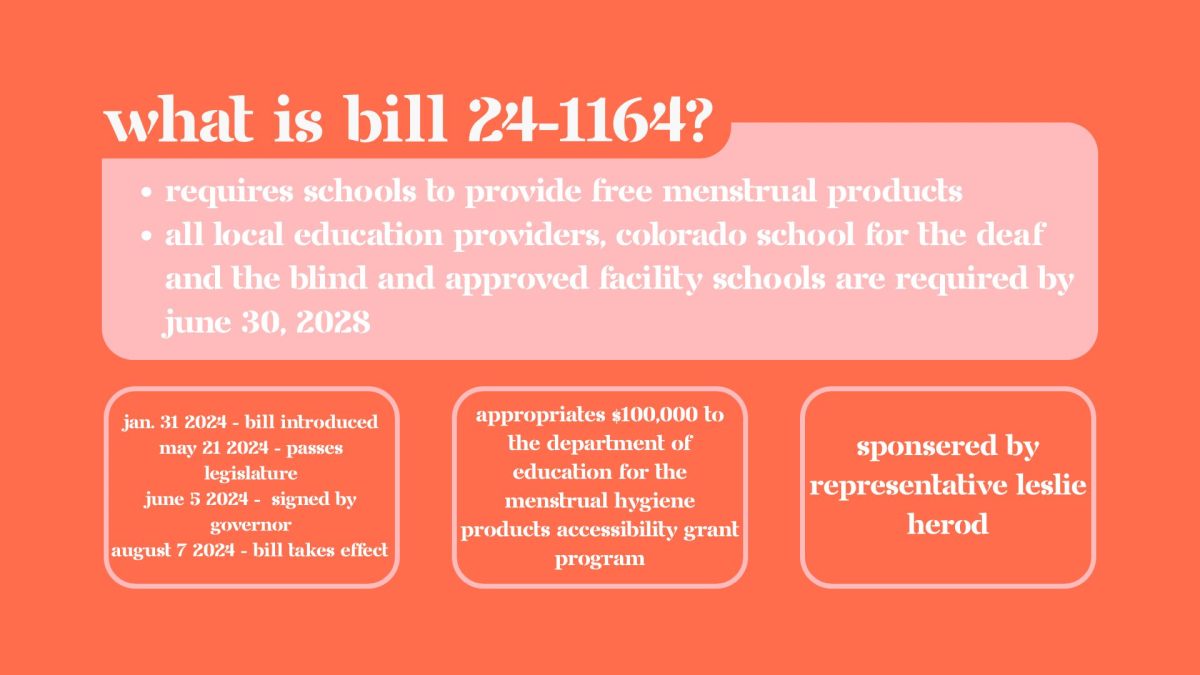

![Minutes before the Activities Fair in the gym, president Abhi Gowda ‘26 prepares the stall for his club Helping Hands, Sept. 4. A relatively new club, Helping Hands was co-started by Gowda and focuses on assisting the homeless, and just last year they succeeded in raising a couple hundred donations to send to shelters. This year, they have goals to expand, with hopes to increase volunteer opportunities and take in-person trips to shelters, as well as extend their help beyond just homeless people. “The Activities Fair gives a lot of underclassmen the opportunity to really get to know the Canyon culture, and it gives them many opportunities for service and volunteering,” Gowda said. “[Through the Activities Fair,] I hope to find a bunch of new and passionate members about our club and just get our name out there and spread awareness to the cause that we’re fighting for.”](https://rockmediaonline.org/wp-content/uploads/2025/09/1-2-1200x885.jpg)
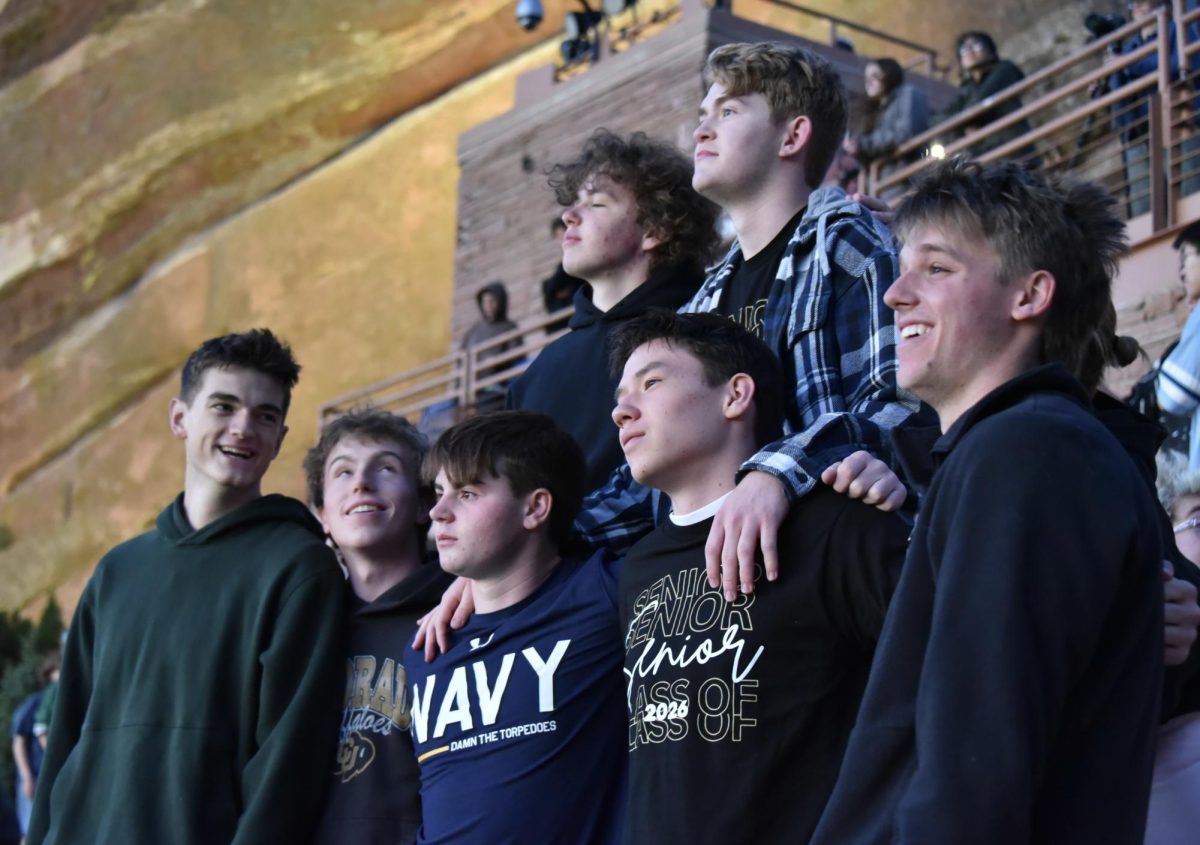
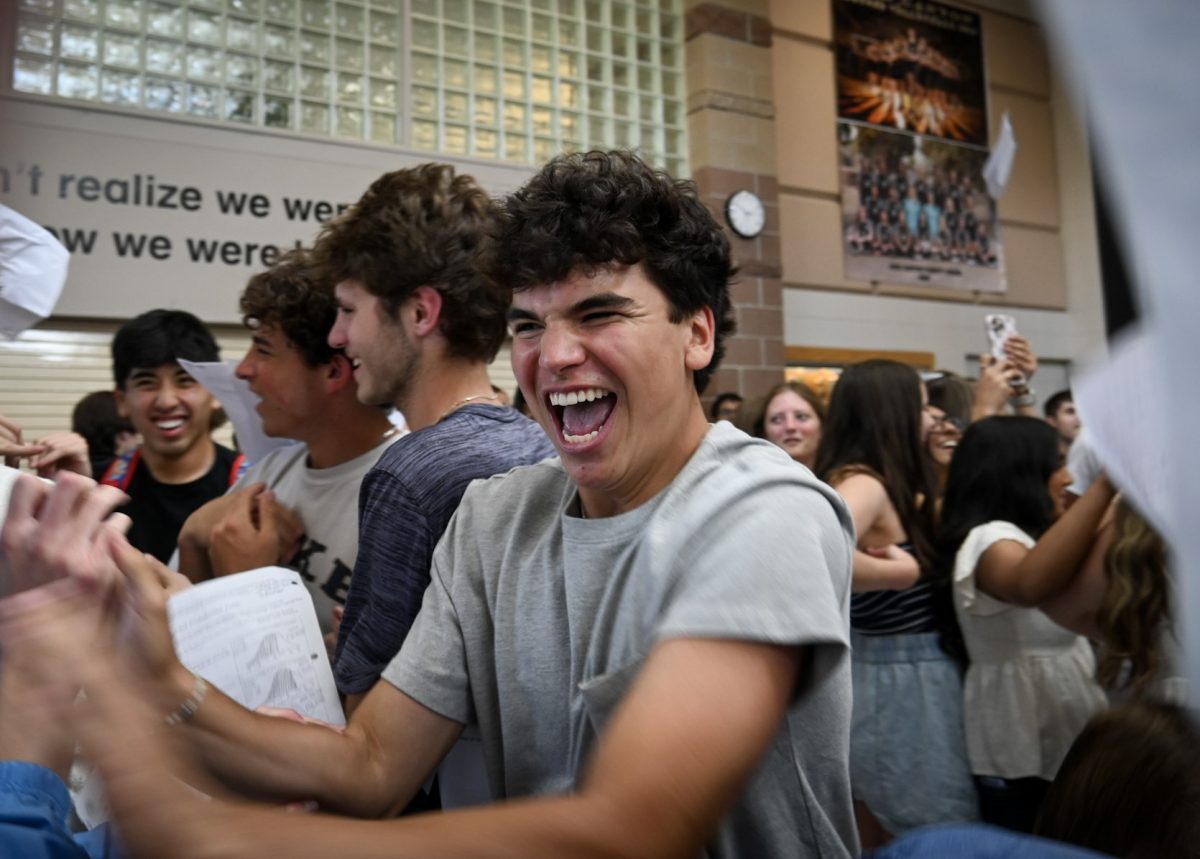

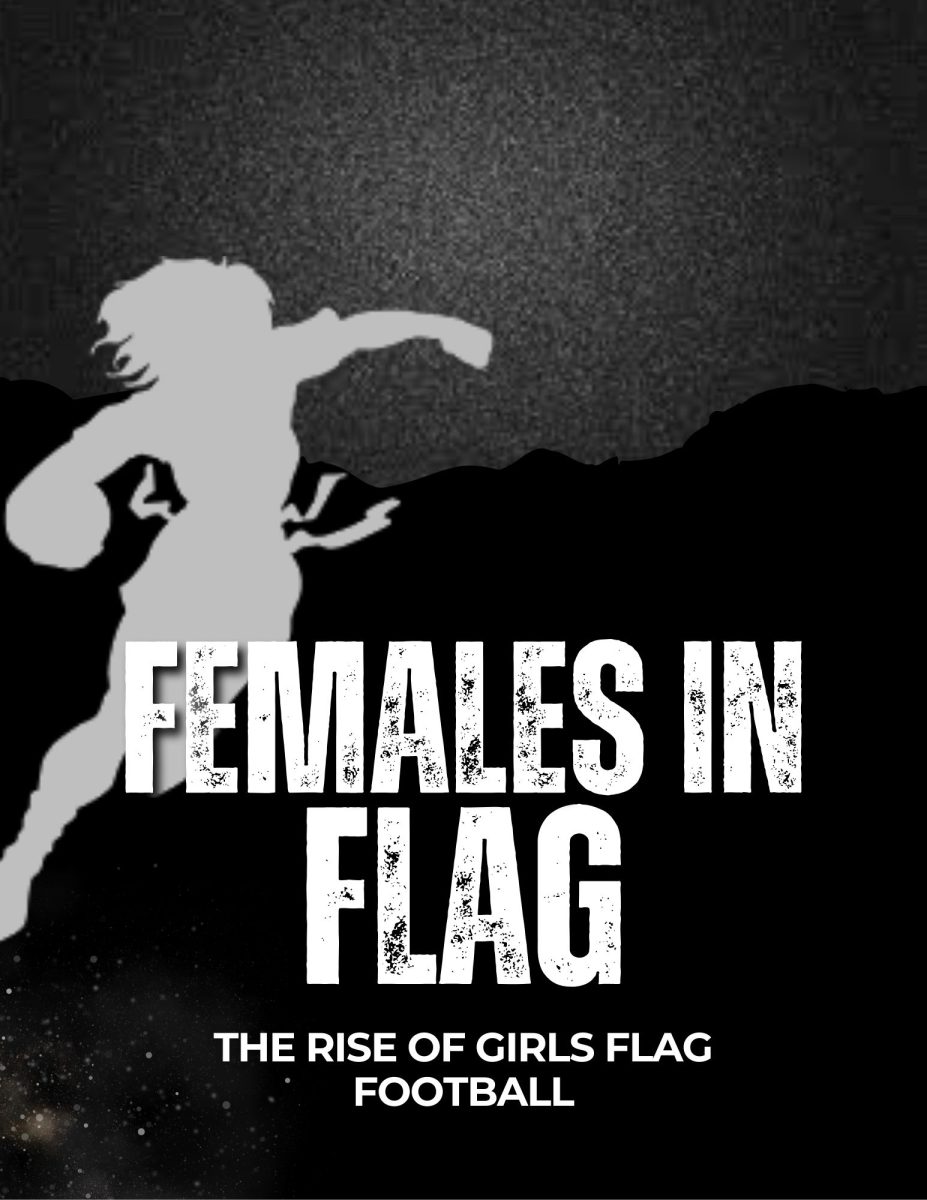
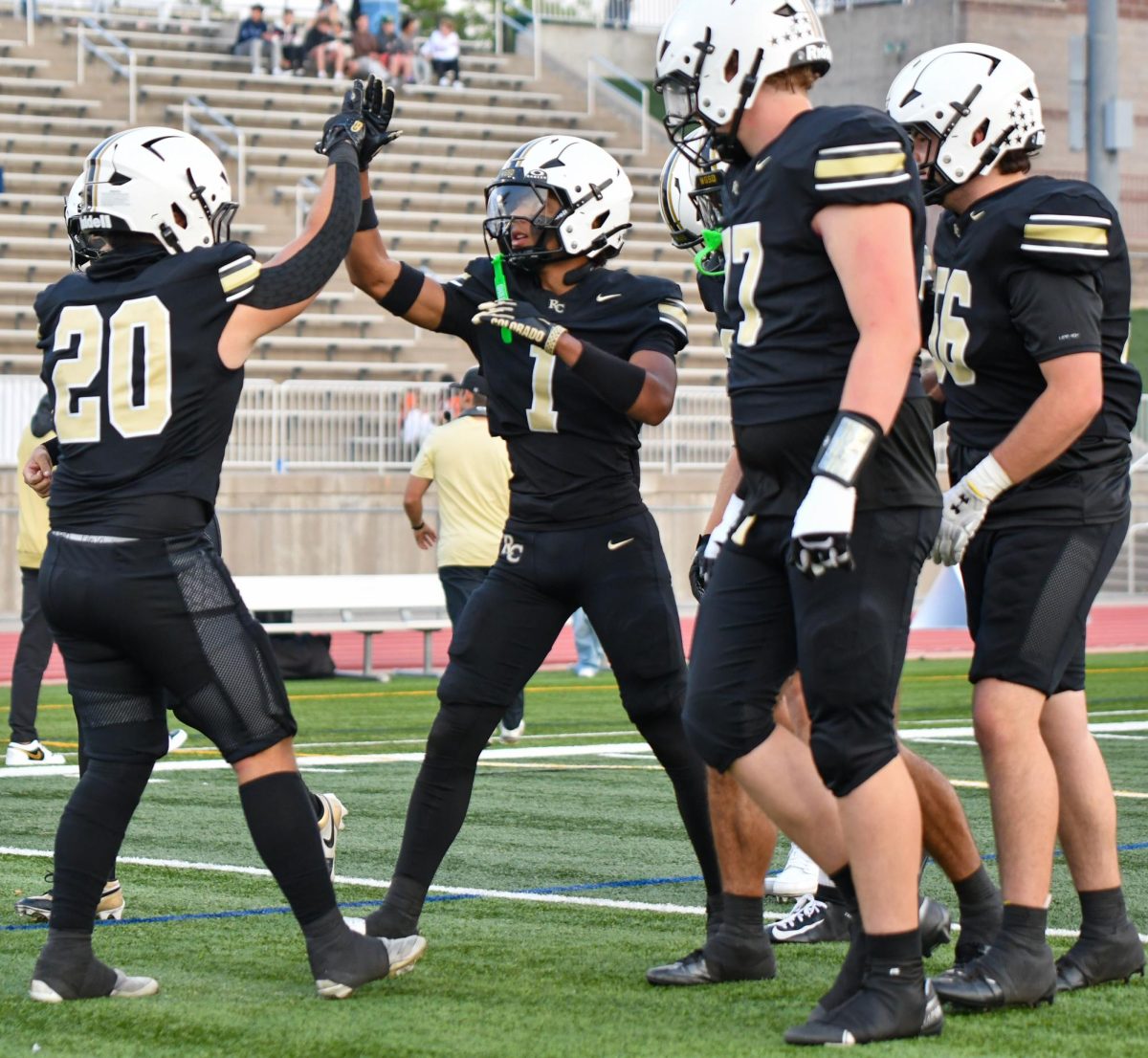
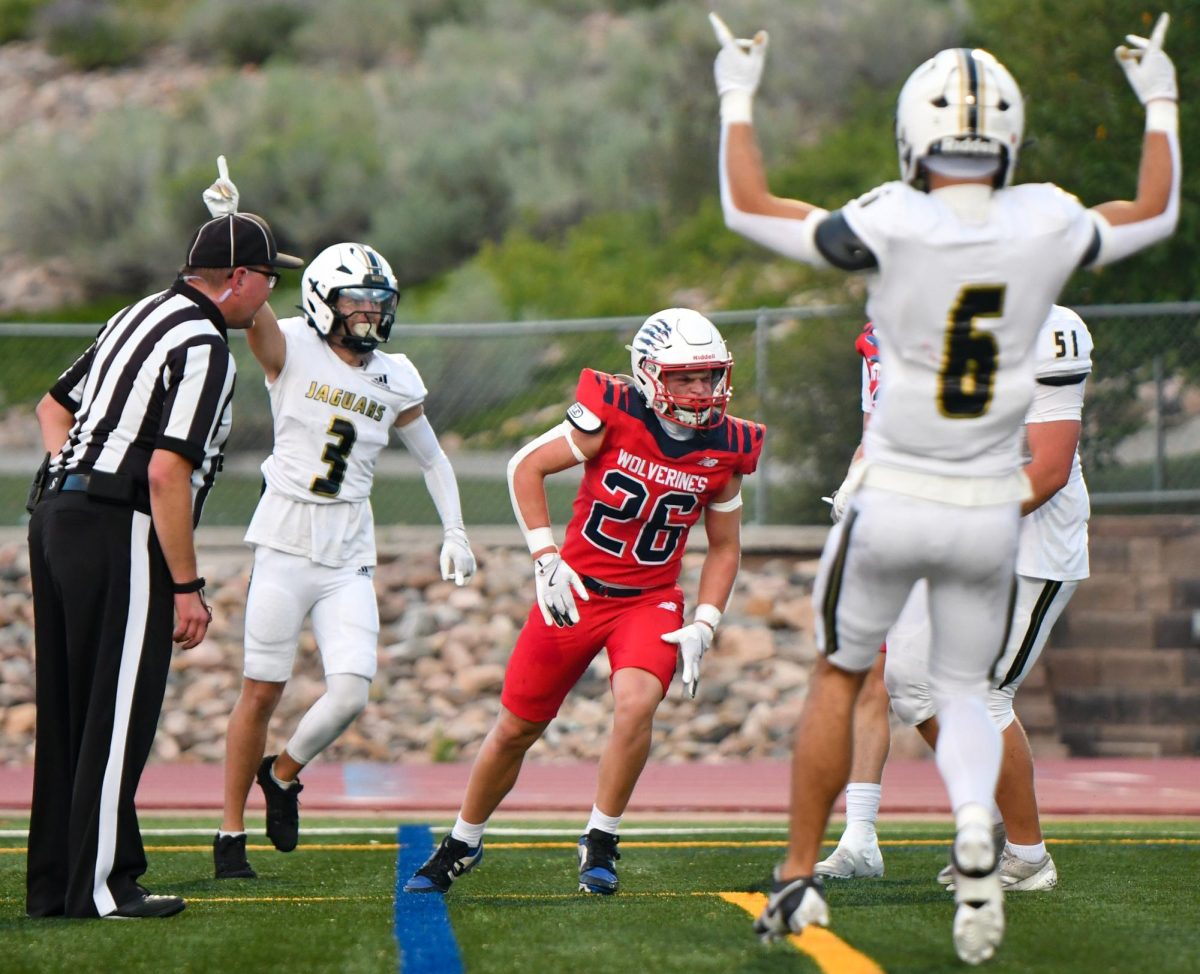

![The winter guard team makes fifth place at the state championship finals in the Denver Coliseum, March 30. The team performed to Barnes Country's “Glitter and Gold,” lead by coaches Margo Sanford, Blair Bickerton and Anna Orgren. In their class there were a total of nine groups participating, and the top five who made it to finals received a plaque. “[Walking onto the stage] is very nerve-wracking, but also very exciting as well. When you first start color guard there's a lot of anxiety and uncertainty when you first perform in front of an audience, but once you've done it for a while, it starts to become the best part of the season,” Ella West ‘25 said. “It's very fulfilling to see an audience react to something you've put your heart and soul into.”](https://rockmediaonline.org/wp-content/uploads/2025/04/Both-socal-media-nd-website-main-1-1200x846.jpg)
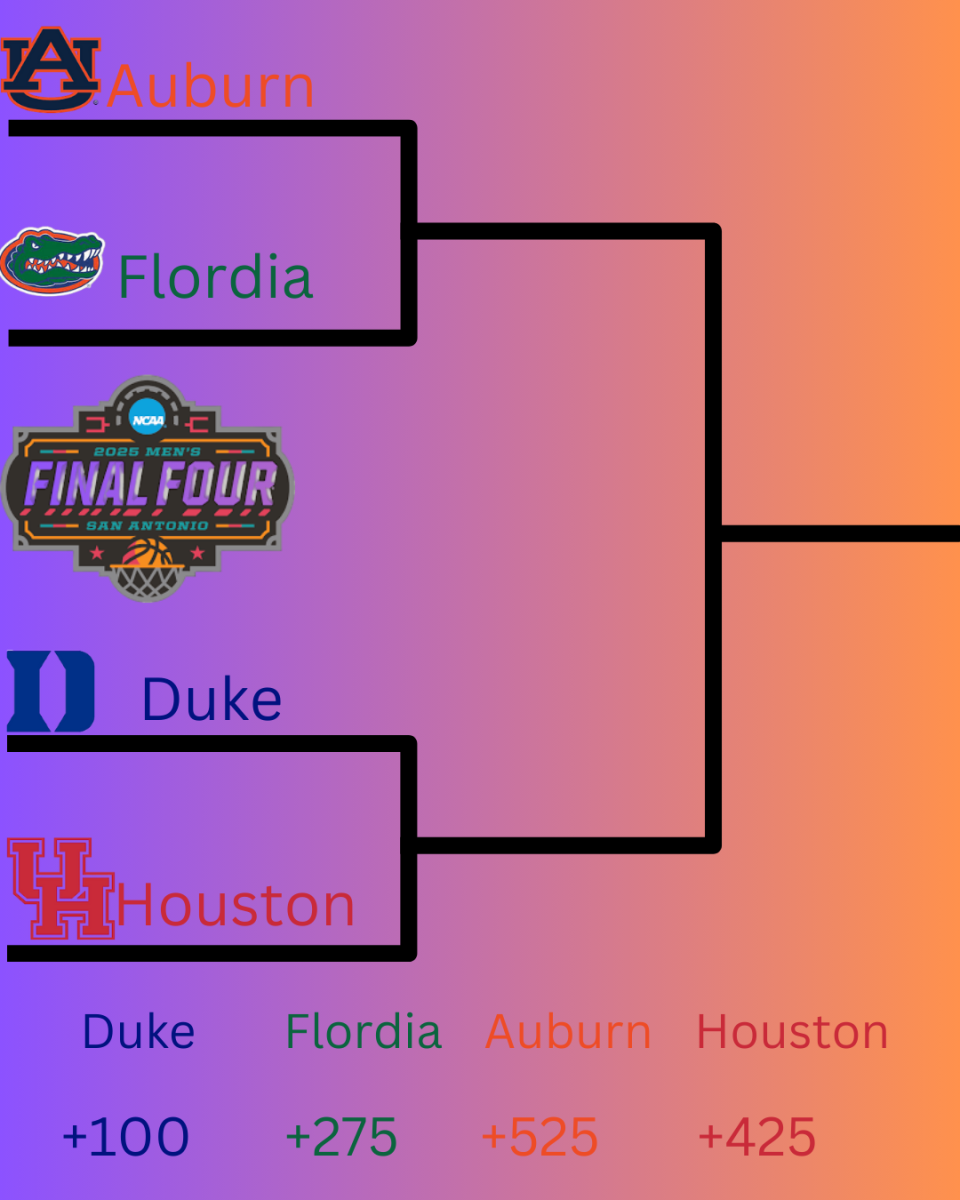
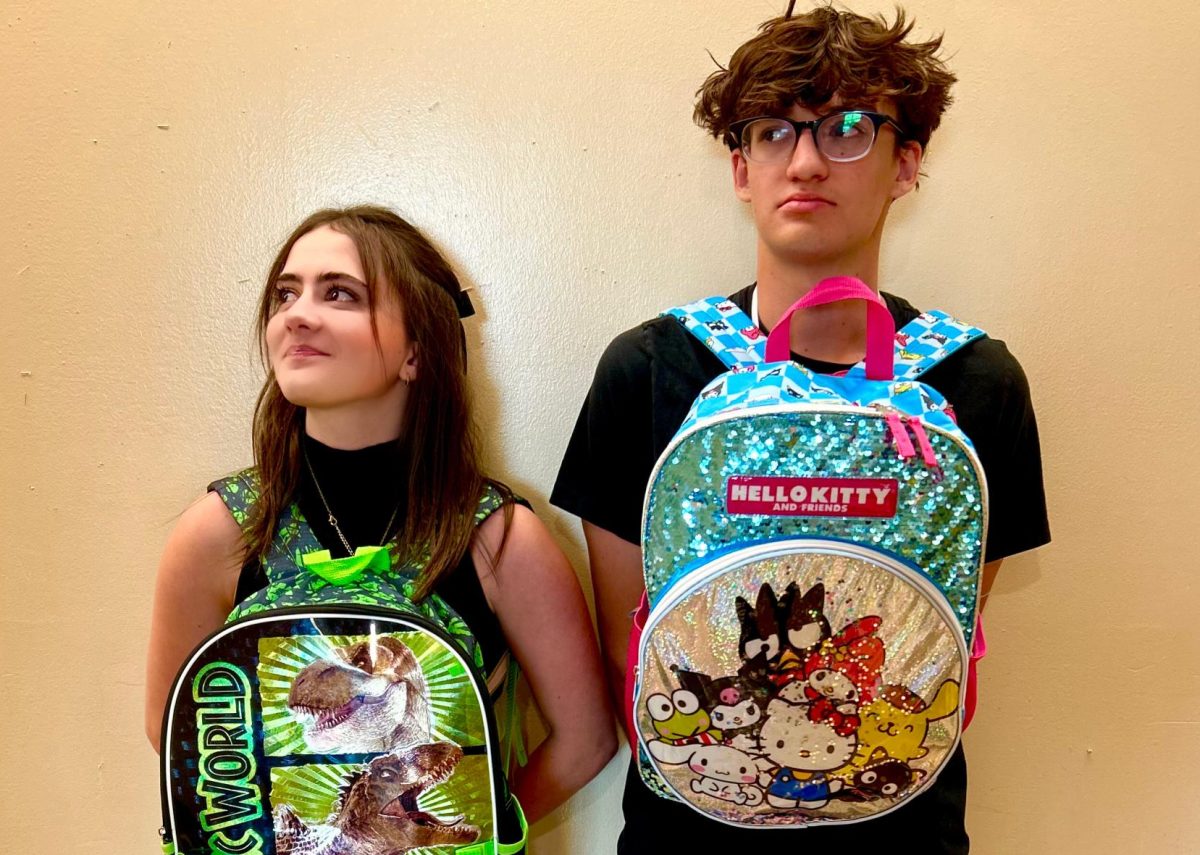
![April marks the 25th anniversary of Sexual Assault Awareness Month, created by the National Sexual Violence Resource Center (NSVRC). This month is to spread awareness of the harassment, assault and abuse that happens around the world. The symbol that represented the month was a teal ribbon; however, some survivors of assault create different symbols and movements like the TikTok trend in 2022, where survivors would tattoo Medusa on their body, in honor of her backstory in Greek Mythology. “I don't think [this month is known] at all. I rarely see anybody talk about it. I rarely see much of an emphasis on posting it online, or much discussion about it, and I feel like there needs to be way more discussion,” an anonymous source said. “I think just validating every experience that a person has gone through, regardless of the degree of it, the severity, is an essential step into making sure that people are aware that this is a very real problem in a society and that we need to do better in addressing it.”](https://rockmediaonline.org/wp-content/uploads/2025/04/IMG_0011-1200x900.jpg)

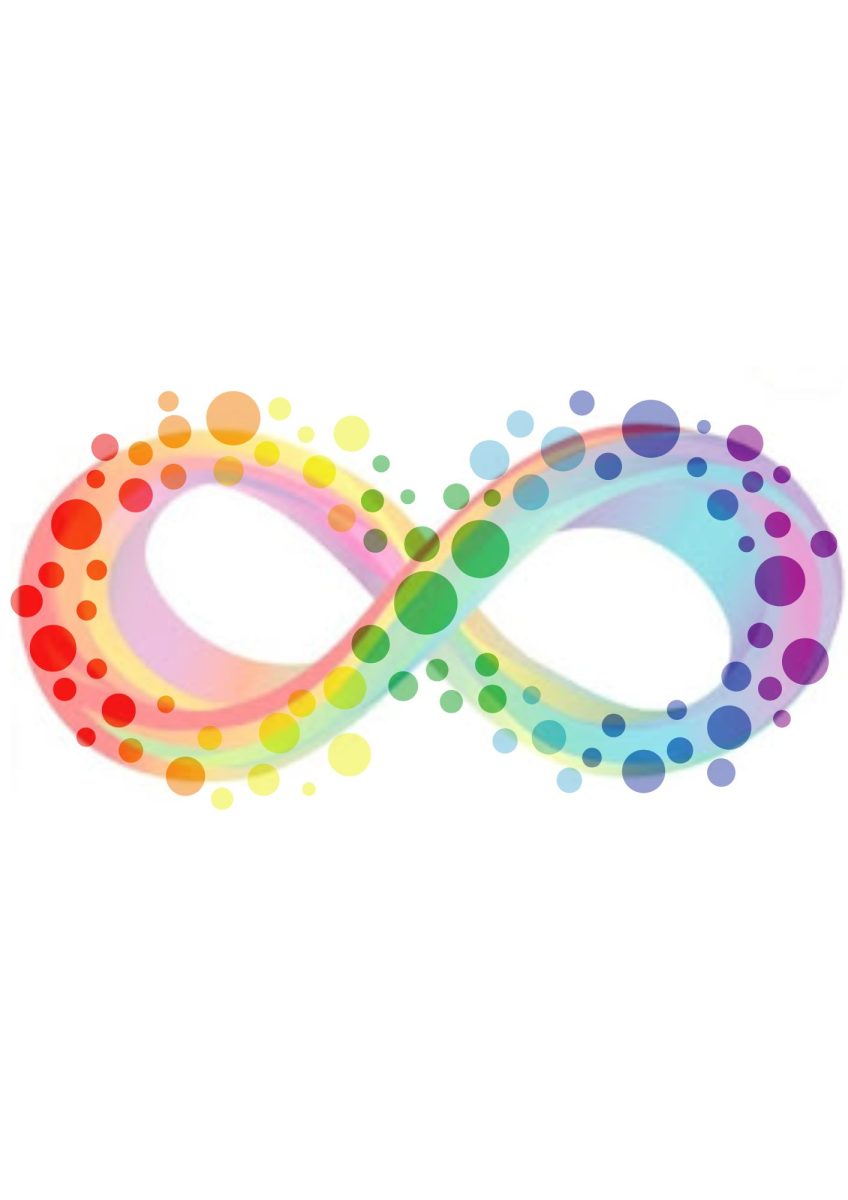
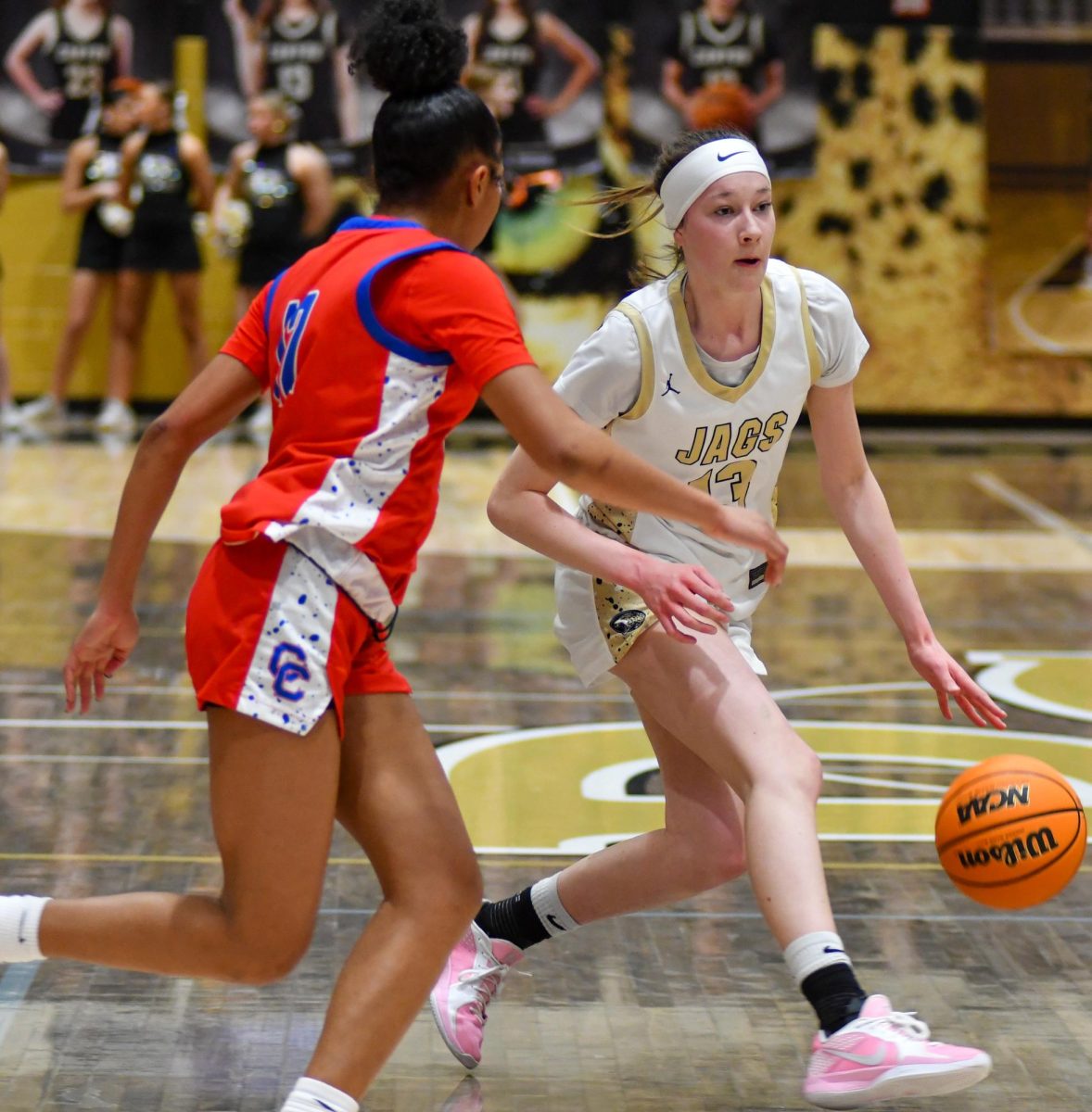

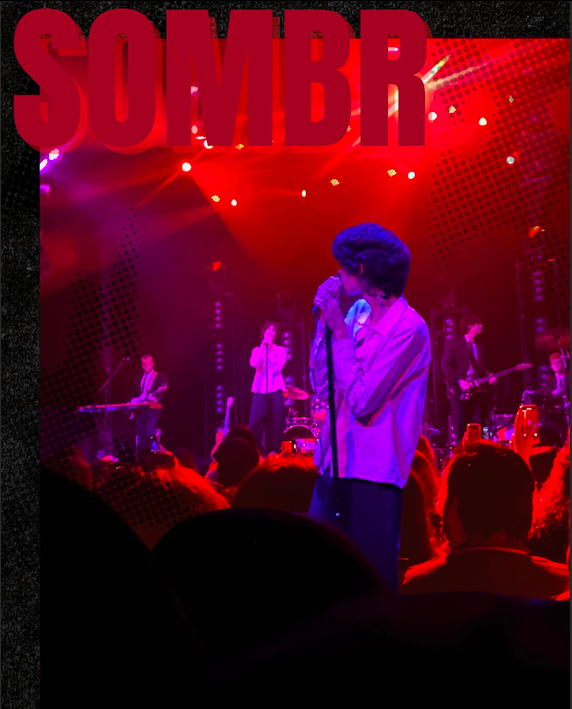

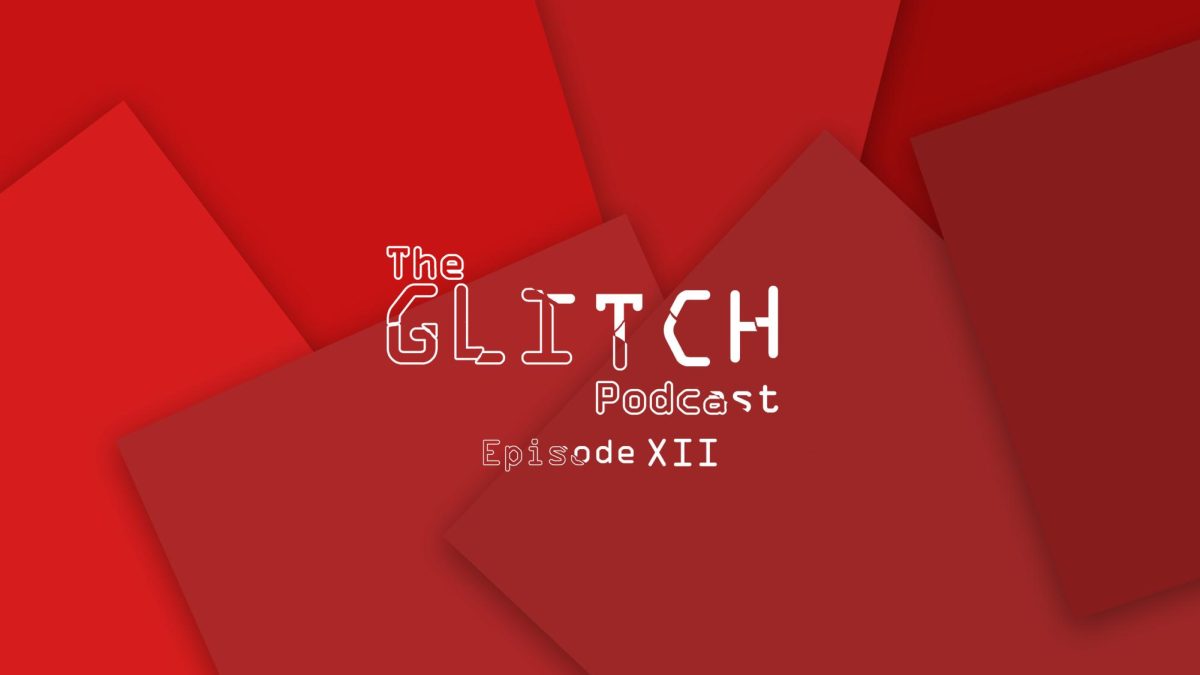
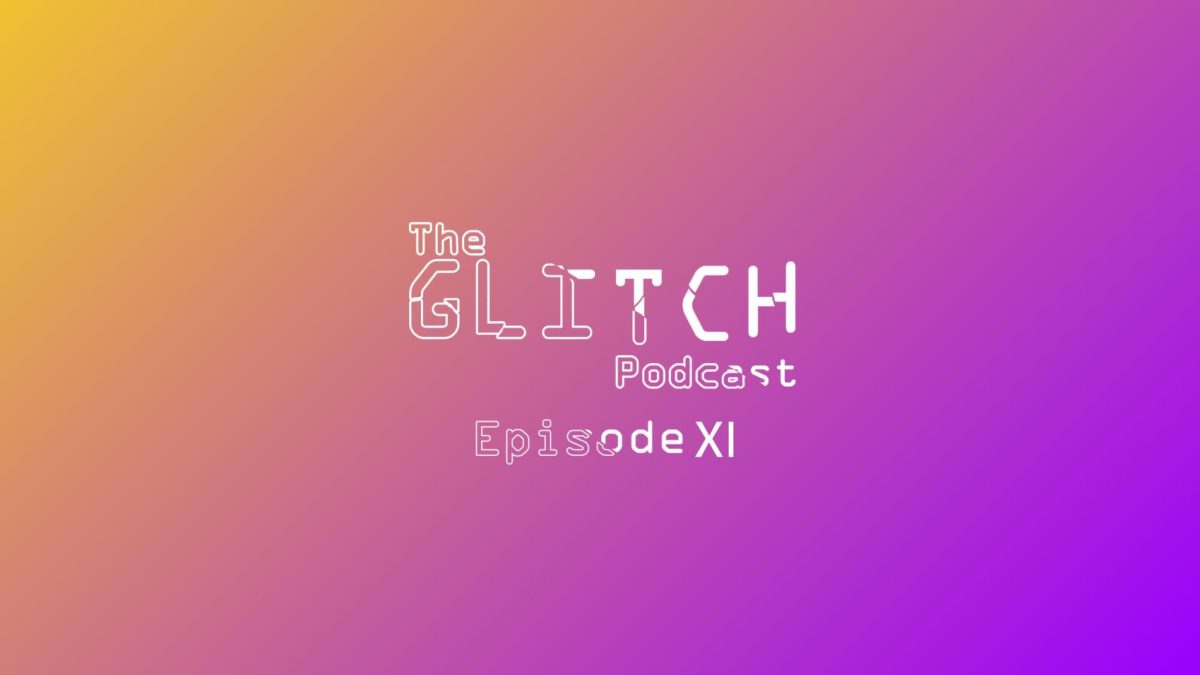
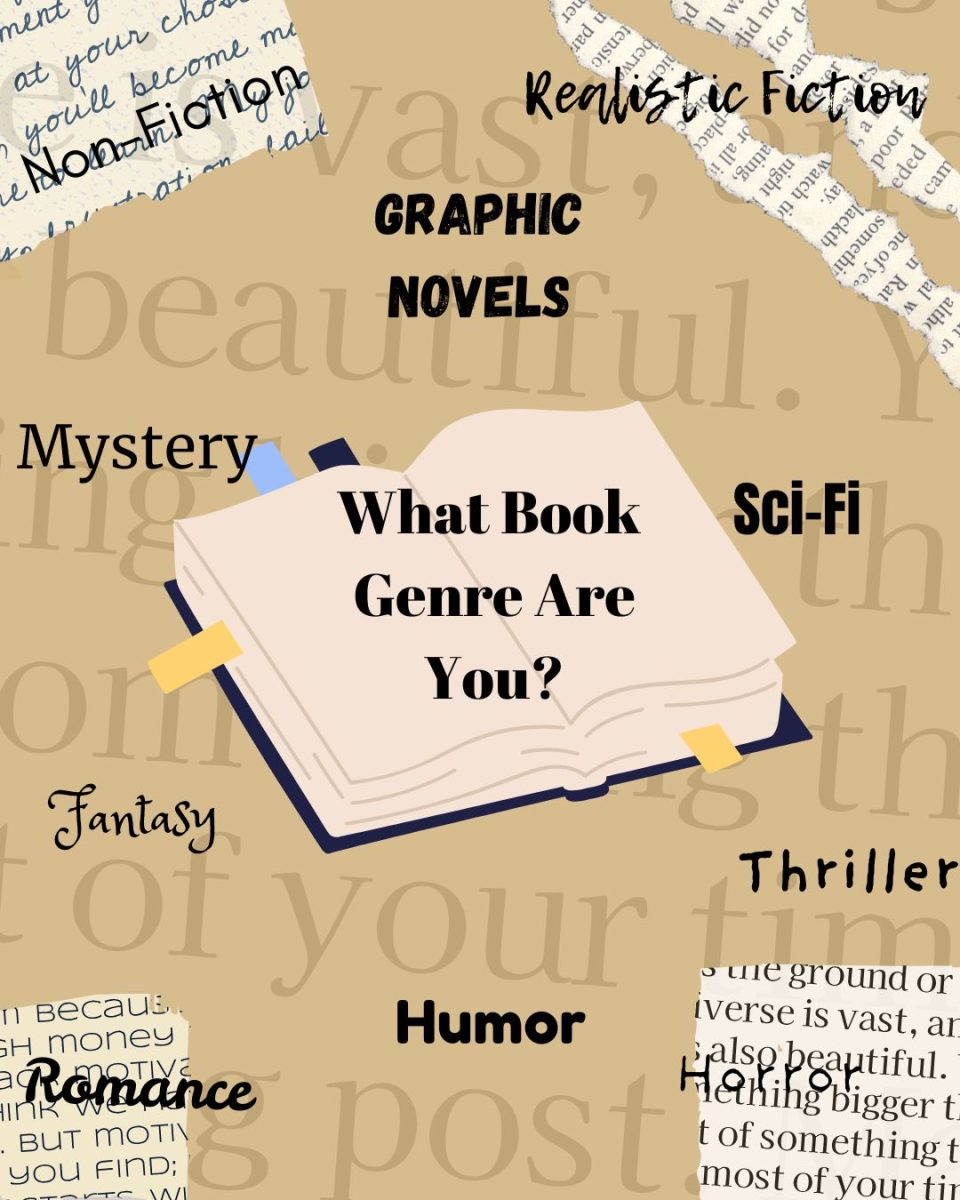
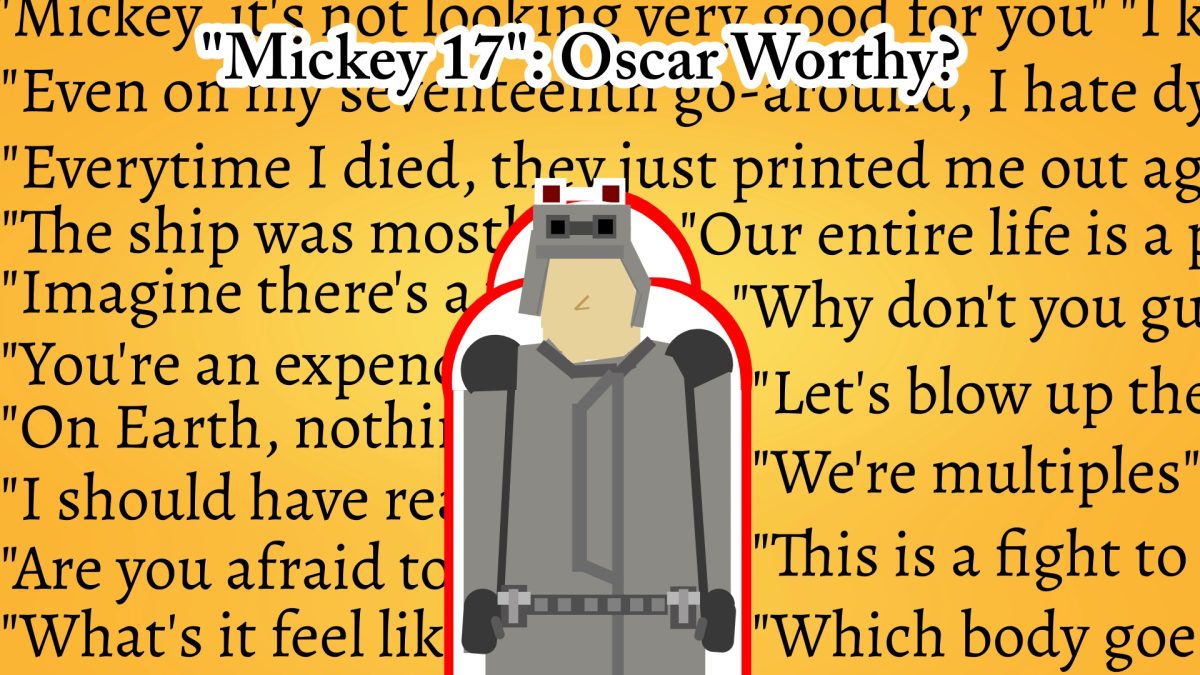
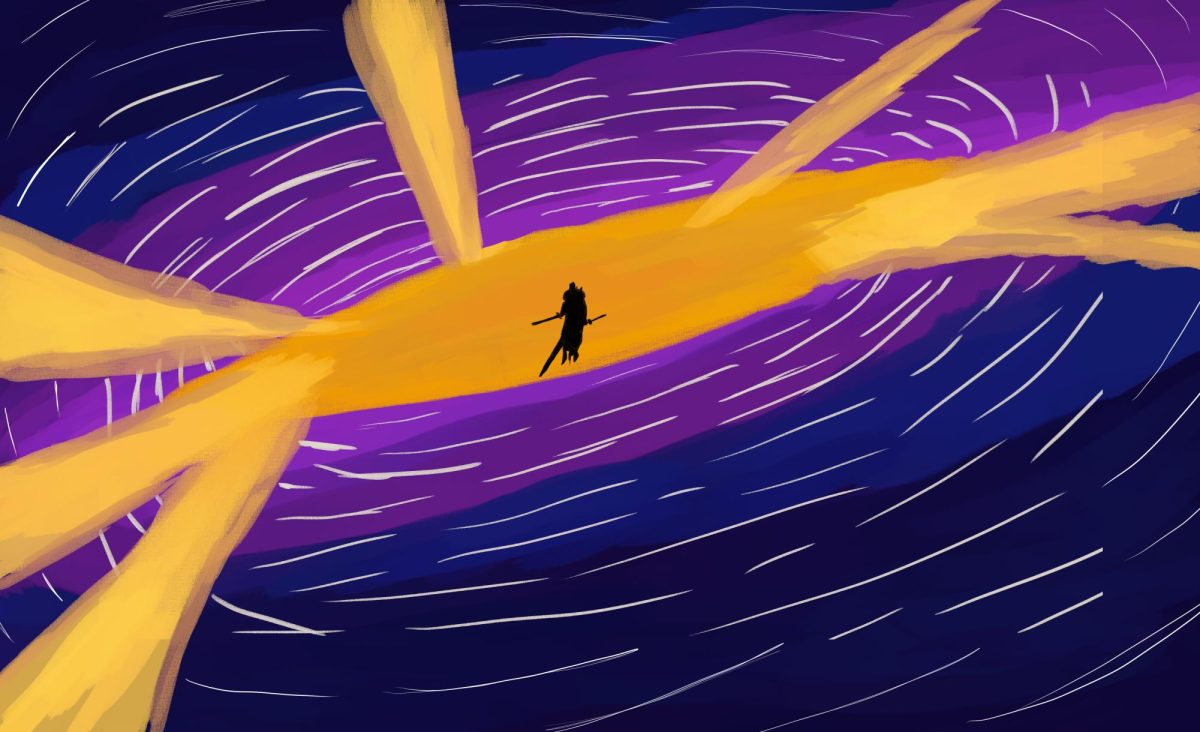
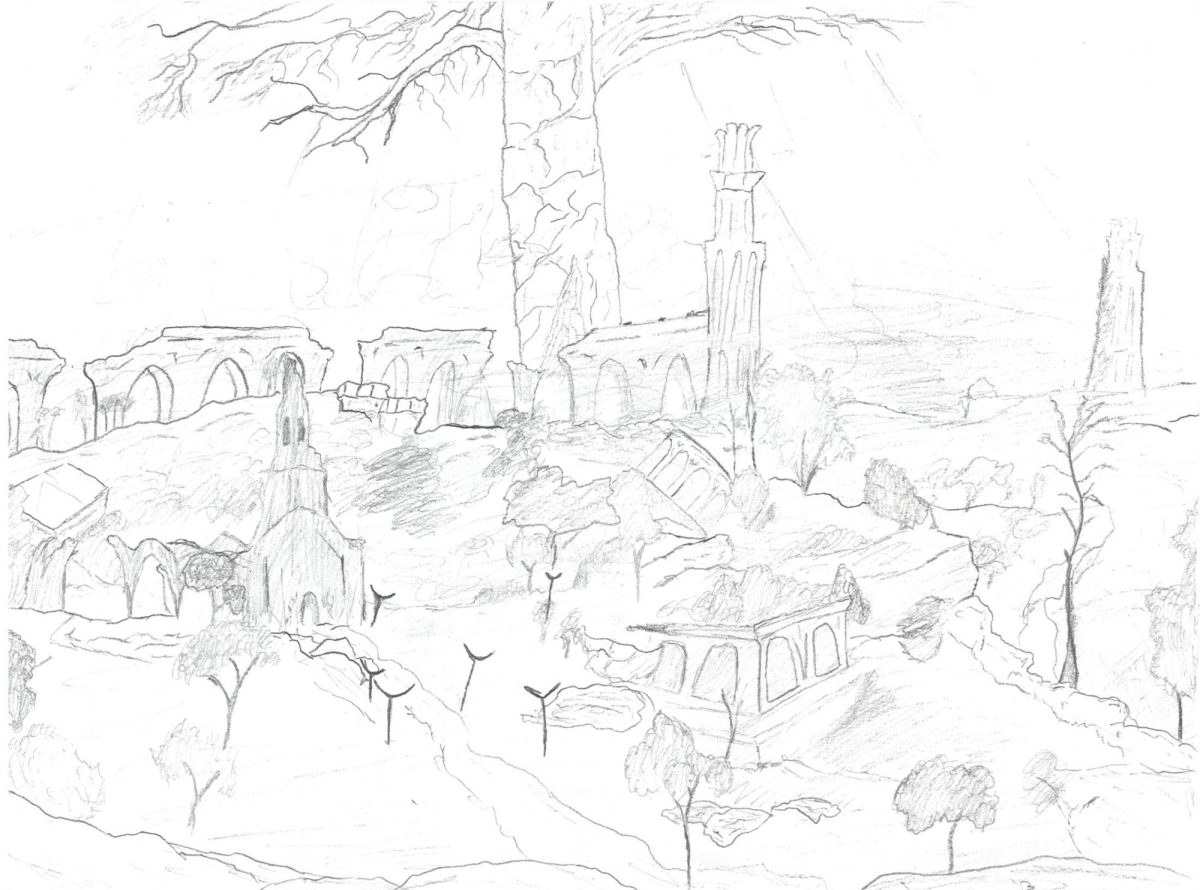
![Lesbian Visibility Day is April 26, and it’s a holiday to celebrate the lesbian community of the world. Lesbian Visibility day was established in 2008 by many queer activists and organizations who sought to raise more awareness for lesbian history and culture. “So this is why during Lesbian Visibility [Day] we celebrate and center all lesbians, both cis and trans, while also showing solidarity with all LGBTQ+ women and nonbinary people,” Linda Reily, in an article written by her, said.](https://rockmediaonline.org/wp-content/uploads/2025/04/Lesbian-Visibility-day.jpeg)
